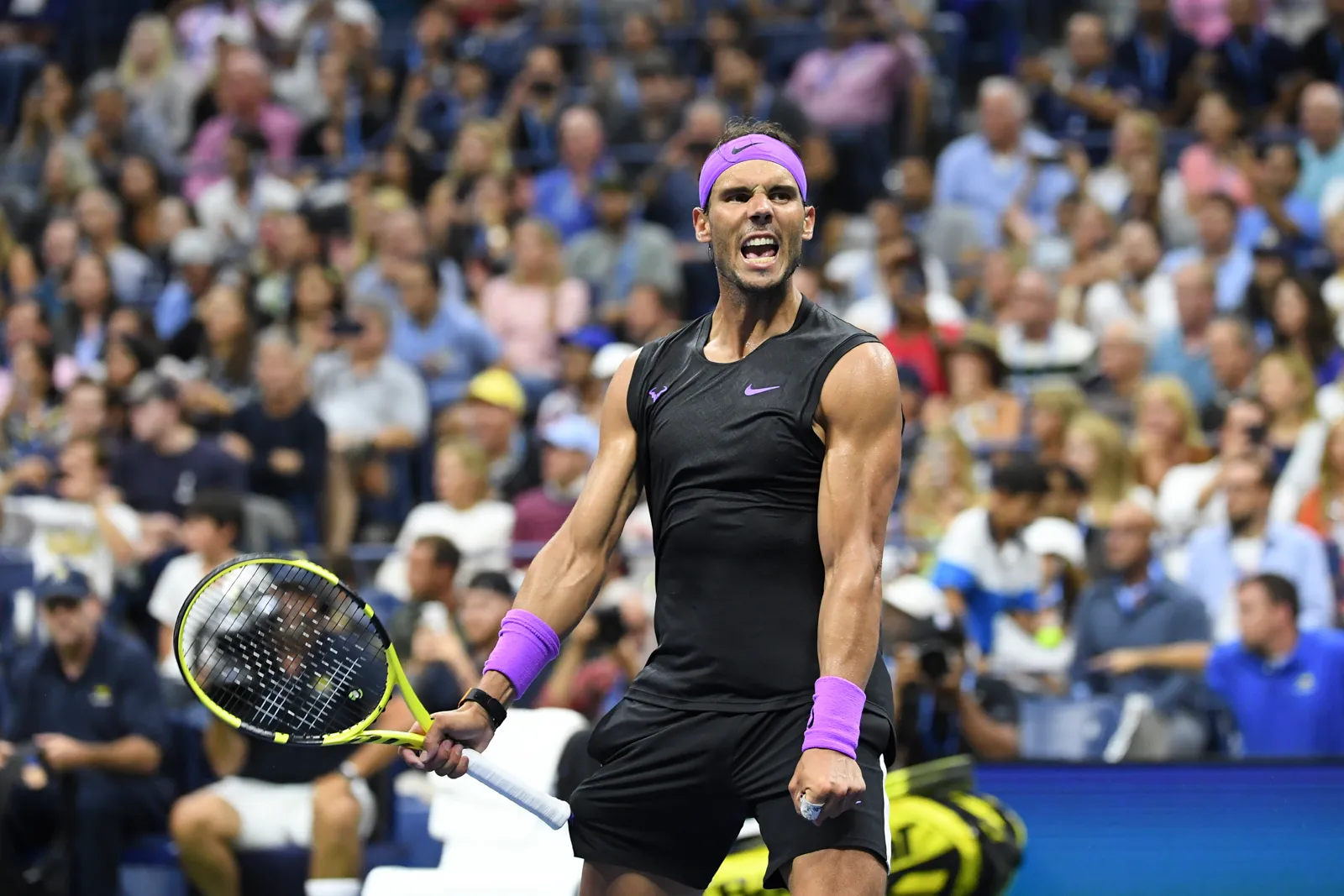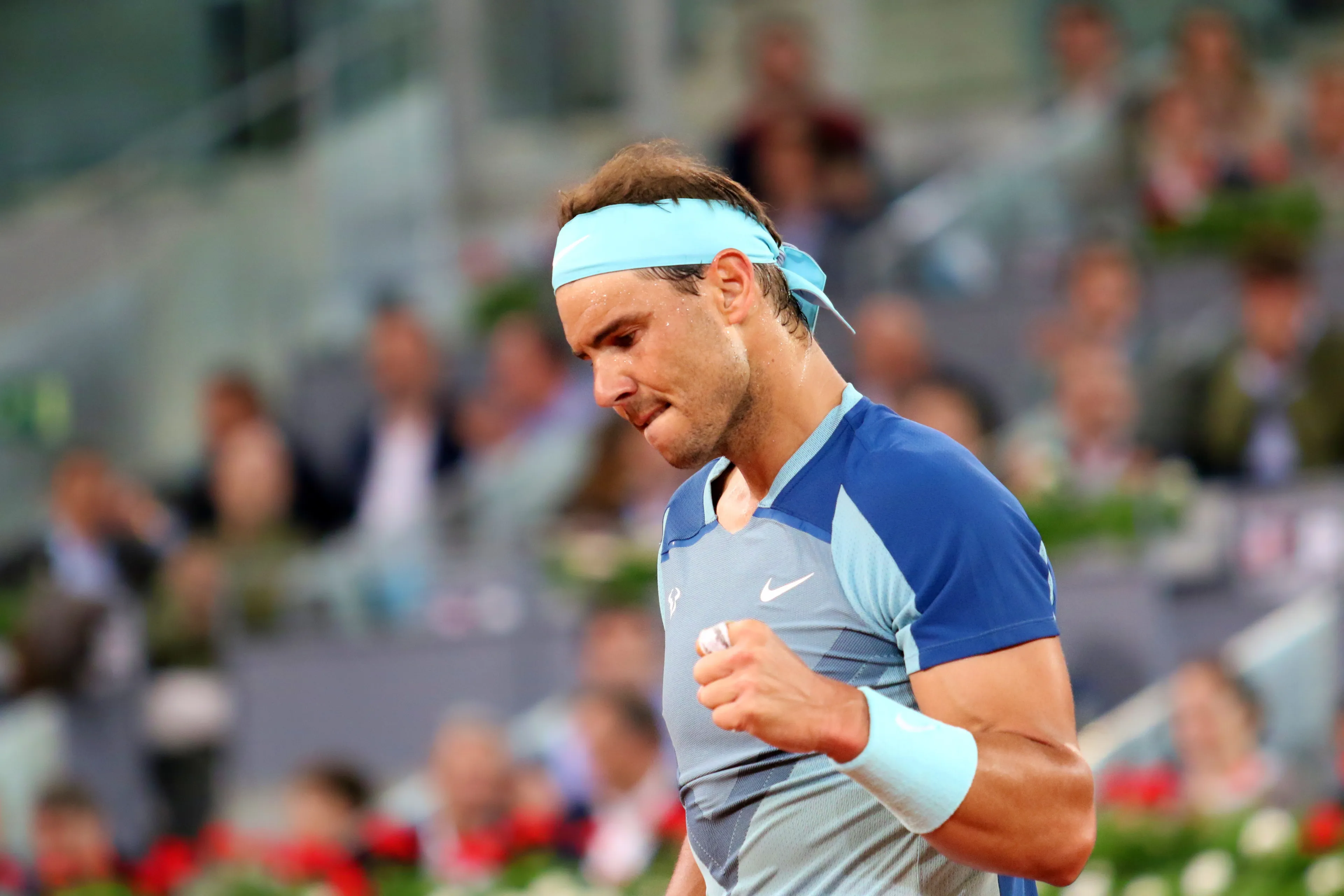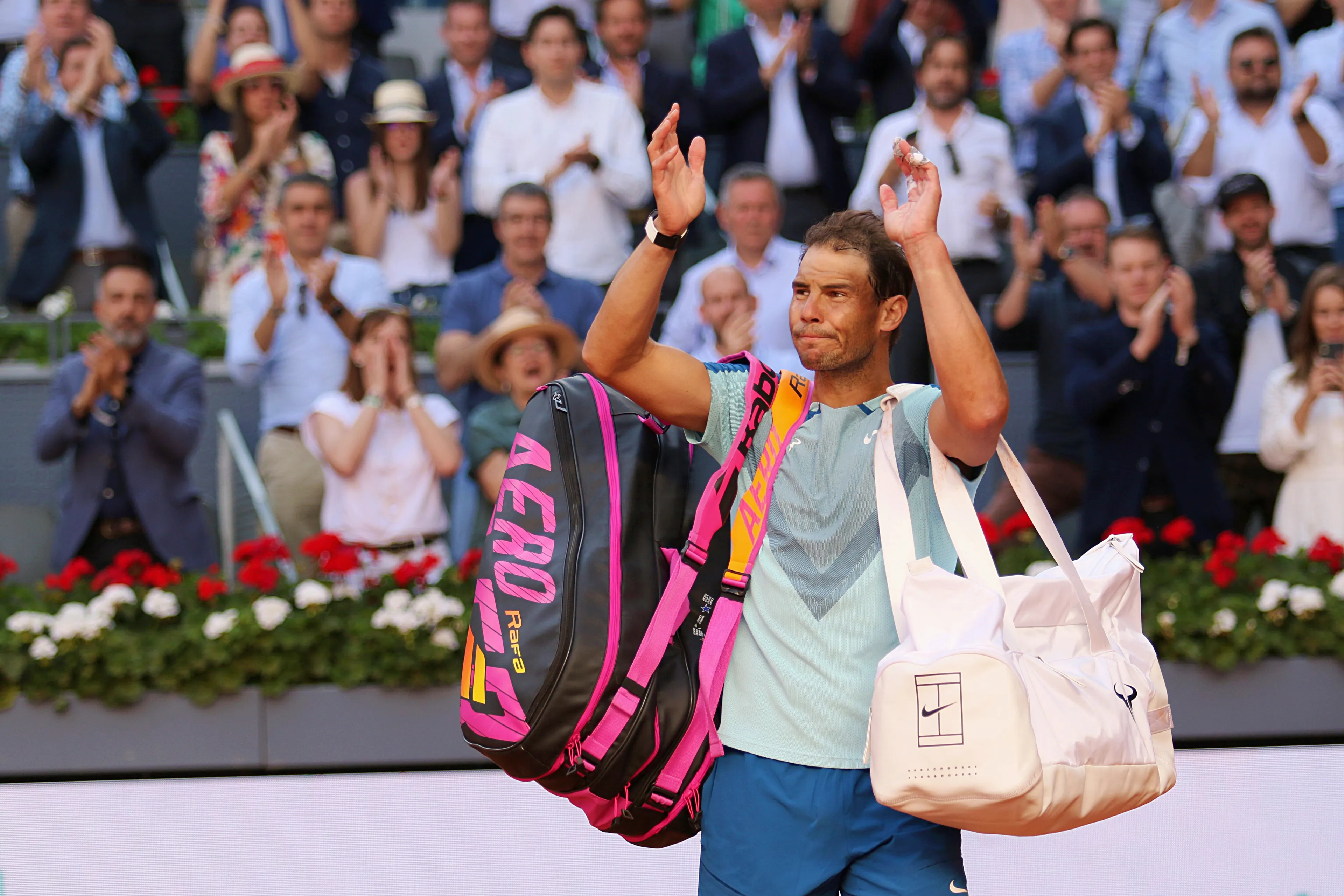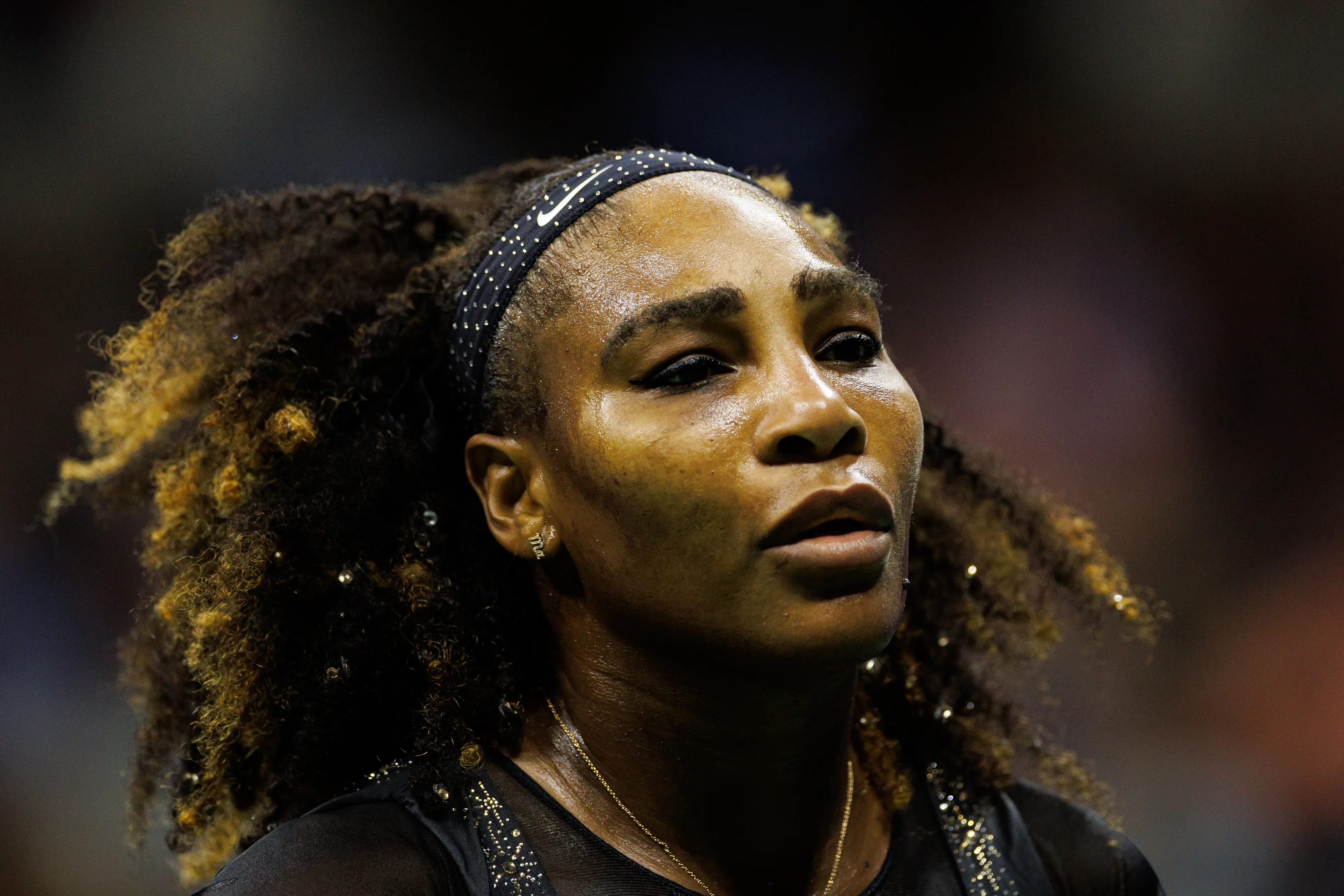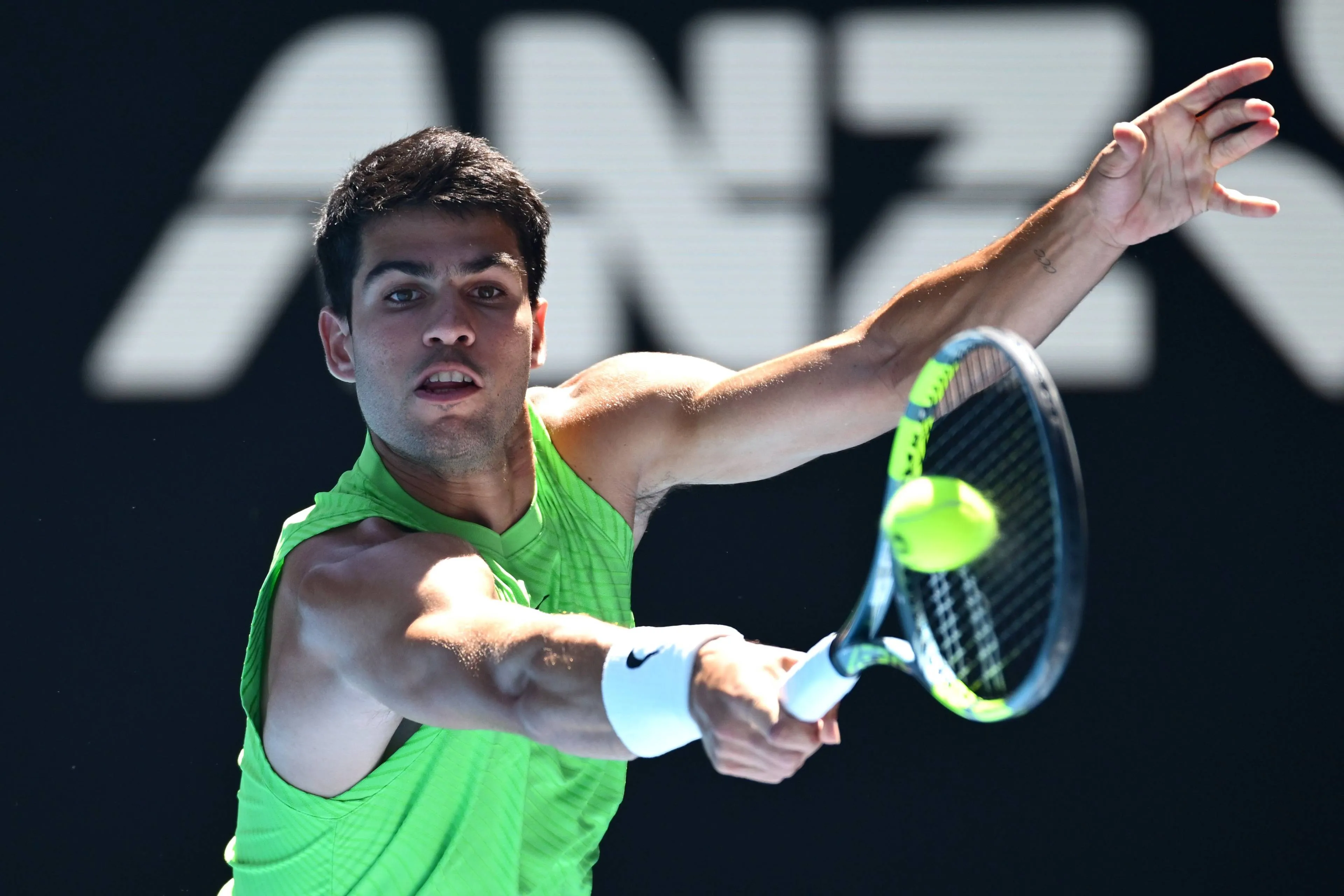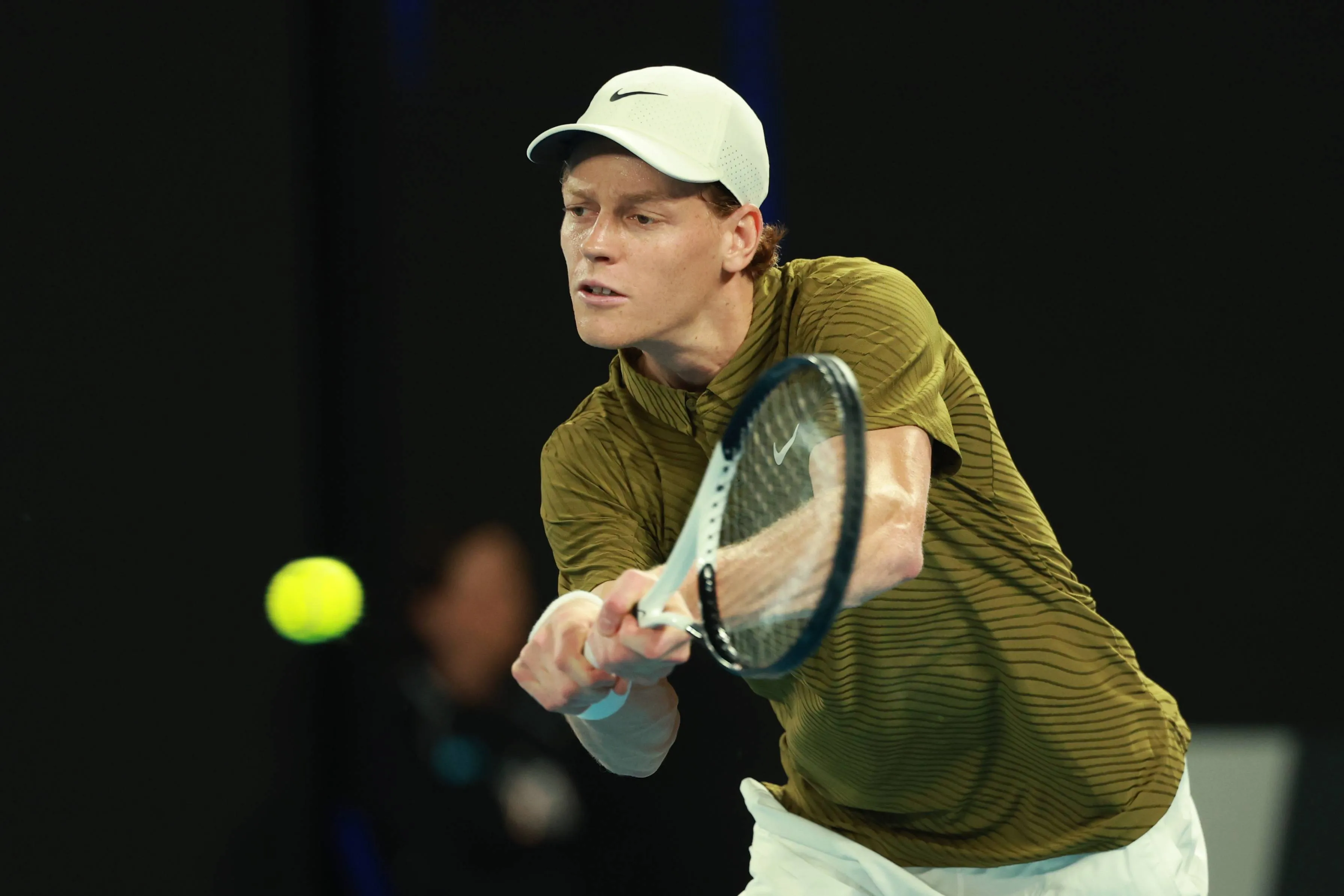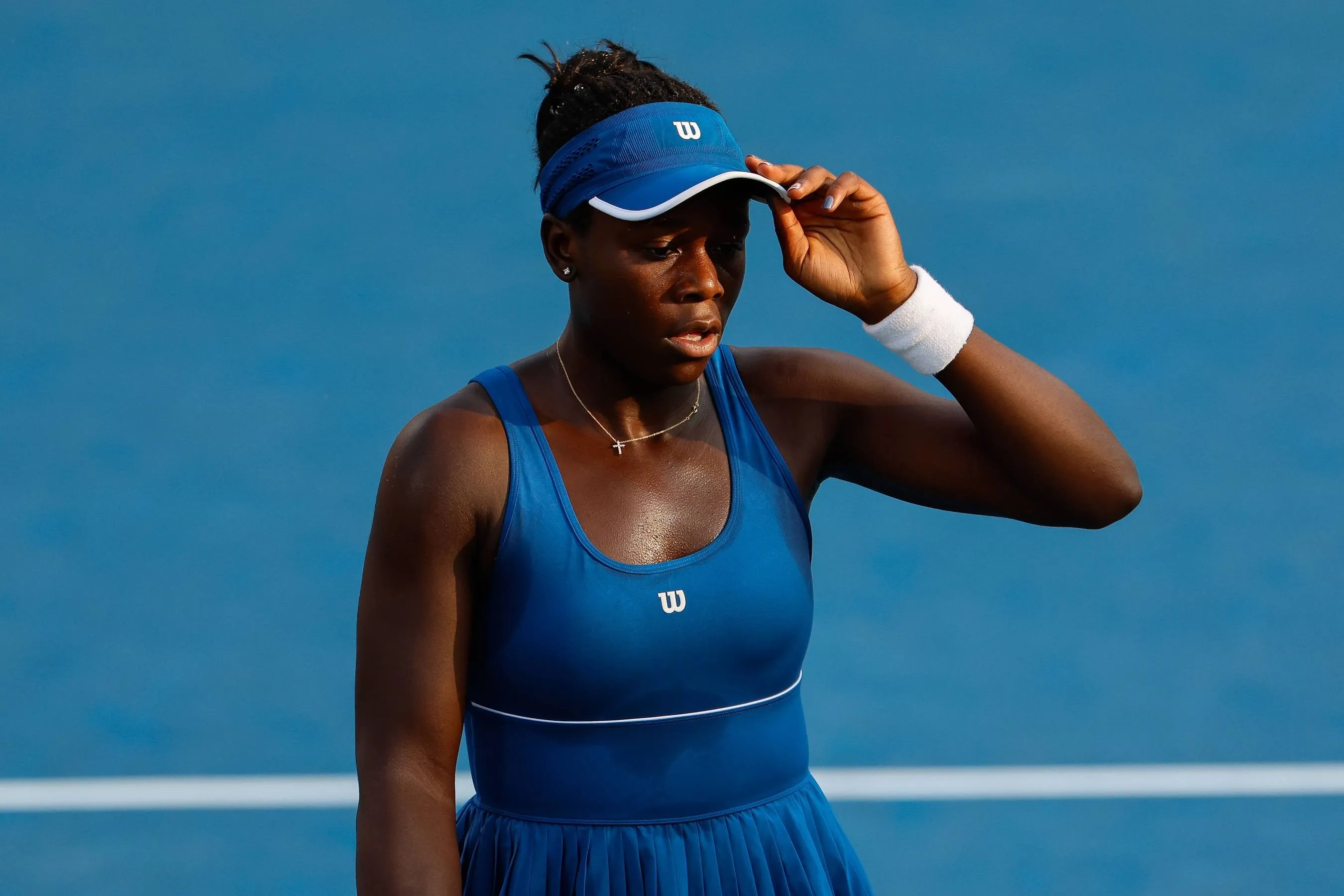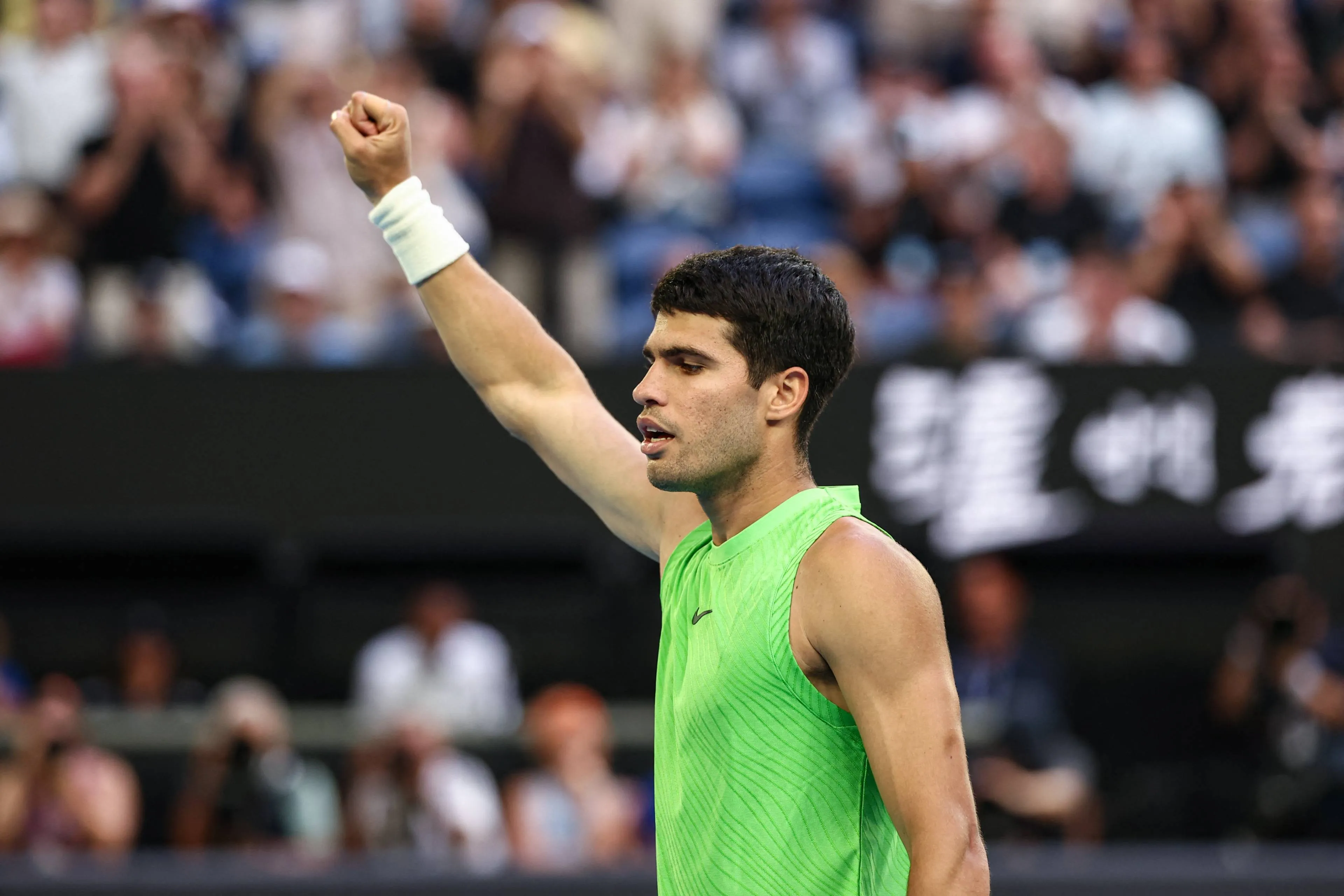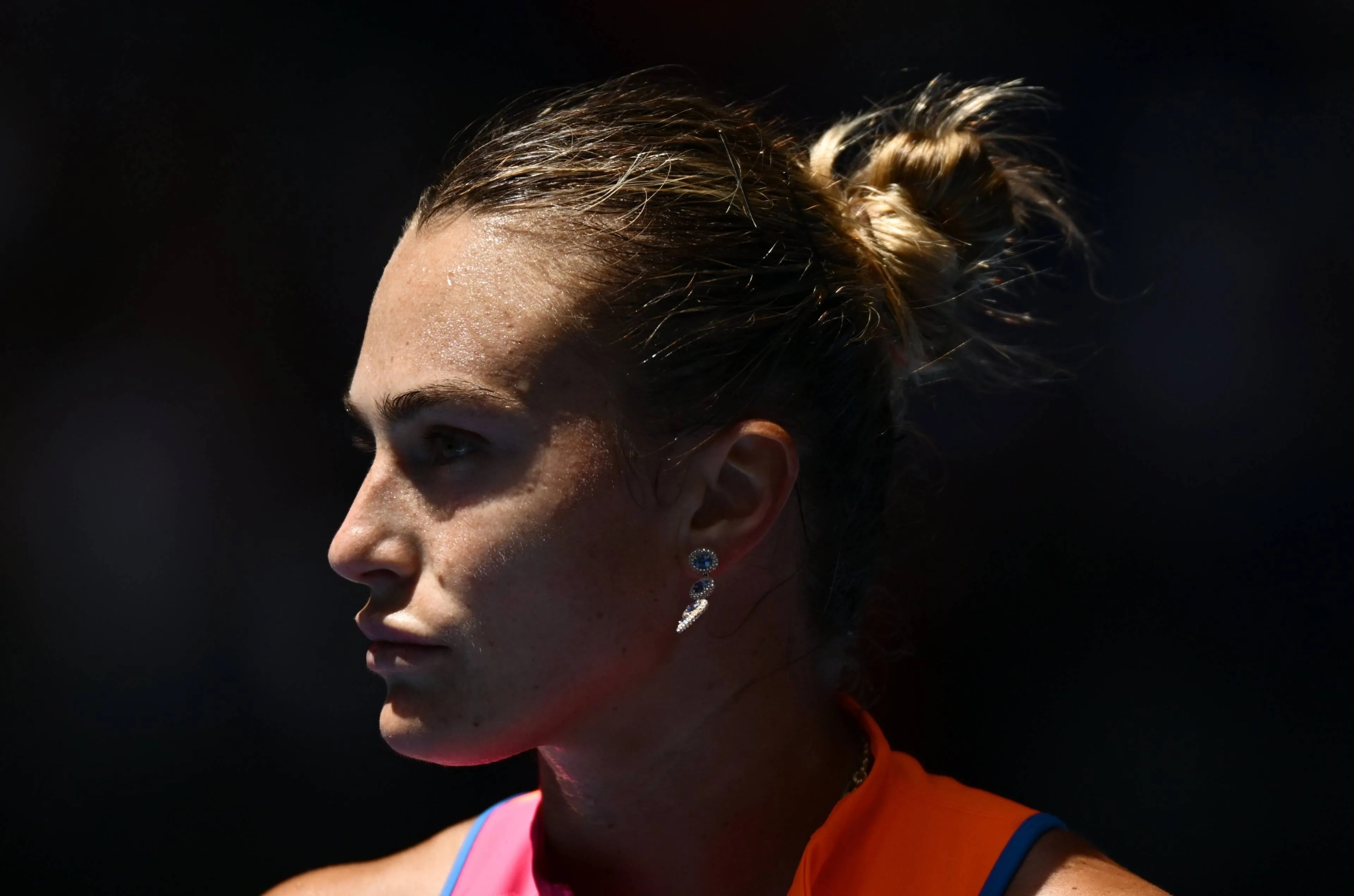Rafael Nadal's excellence through the 3 most important points of his career
ATPFriday, 24 June 2022 at 09:45
Updated at Tuesday, 05 August 2025 at 20:17
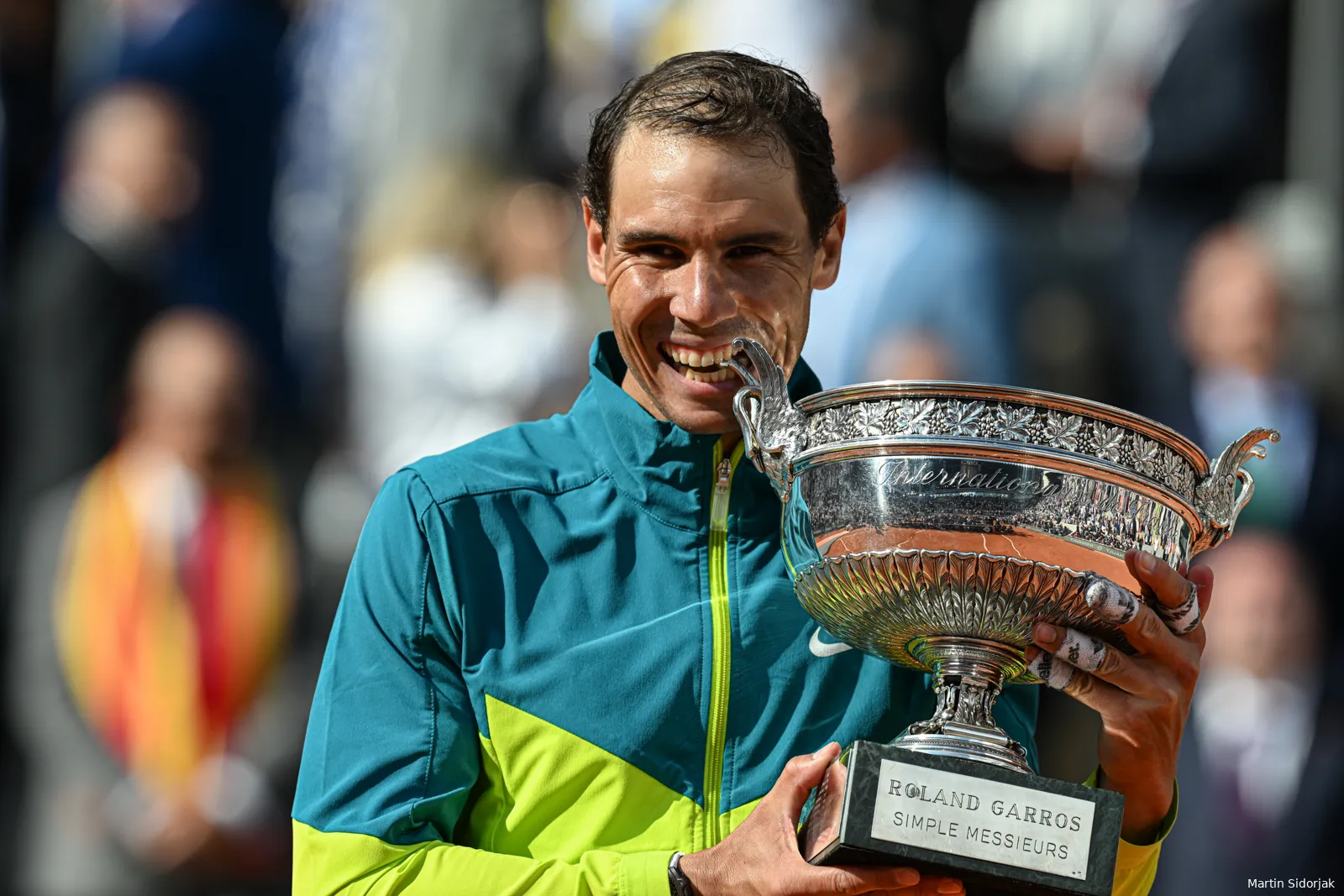
Rafael Nadal demonstrated excellence for a very long time, but three of the most important points in his career showcase it better than anything.
Rafael Nadal’s career deserves 15 books, 3 biopics, and much more. However, his career could be broken down into three points, as seen in Paris not that long ago. They were the three most important points in his career. That’s how he approached them.
The first came in the match against Felix Auger-Aliassime on the Canadian's serve. Nadal was up 4-3 and 30-15 in the game. Auger-Aliassime has been playing by Nadal's philosophy for a while now, and considering he’s been working with Toni Nadal for quite some time, it’s not a surprise.
It was similar to the match against Daniil Medvedev in Australia. Both the Russian and Auger-Aliassime believed themselves capable of beating the Spaniard, and truly they could.
They had no intention of losing the match, and that mentality was the reason the Canadian played the fifth set against Nadal at Roland Garros. It was the third time in 115 matches that that happened.
It was not a bad point by Auger-Aliassime. Like many players on the ATP Tour, he opted to go for the T-line with the serve, 195 km/h onto Rafa’s backhand. It was not perfect but it was not bad by any means.
Nadal was traditionally several meters behind the baseline, hitting a loopy backhand return that fell in the middle of the court. From there, it was a smart rally played by Auger-Aliassime.
He attacked with the forehand onto Nadal’s backhand, and eventually, he got a good ball to attack deeply, and he did with another strong forehand. The point was over. Right? Not really.
When you face a legend on the other side of the net you are never sure. And boom. There it was 15-40. A break followed a minute later and Nadal won the match 6-3 in the final set.
"I wish Rafa the very best, I admire him greatly in everything that he’s done. So as I said, I really wish him the very best, but it will be a monumental effort for him, I think, to win."- Felix Auger-Aliassime
The second most important point of his career came in the quarter-final against Novak Djokovic. the Serbian served at 5-3 in the fourth set with an advantage for him. A second set point.
As you can imagine it was not a bad point by Djokovic, not at all. Just like Auger-Aliassime, he opted for the T-line serve at 189 km/h onto Nadal's backhand. It was not an ideal serve.
Nadal stood far behind the baseline, hitting a short return, and Djokovic hit a very precise and strong backhand. The point was over. Right? No.
Despite having a clear disadvantage in the point the Spanish player was able to get early on the ball and hit an incredible backhand passing shot. Last year’s Rafa would not be able to do it but this year’s...
It was an introduction to the point that would follow about four minutes later when the break happened. It broke Djokovic mentally as he realized he might lose the match. That fear never existed last year.
"Nadal's the best player in history on clay, and he is one of the best-ever players that played this game."- Novak Djokovic
The third point came in the semi-final against Alexander Zverev on the German's serve with a 6-4 lead in the tie-break of the first set. Let’s also mention that he had a 6-2 lead in the tie-break as well.
It was not a point Zverev intended to lose, and he did not play it badly, not at all. You know, the drill: serve onto Nadal’s backhand. A slice serve at 179 km/h is not ideal, but solid overall.
From far behind, Nadal played a backhand with a lot of spin, baiting Zverev into a forehand error, but Sascha actually played one of the best forehands he has played in a very long time.
Read also
Even if he dispatched Casper Ruud easily in the final as expected, these three points illustrate just how hard it was to win this Roland Garros. Quite possibly the hardest achievement in tennis.
The road was incredibly hard. In the fourth round, he faced one of the worst possible opponents—Auger-Aliassime, a player who can play as well as Nadal when he plays his best. He didn’t lose that match; Nadal had to wrestle it away from him, and it took an incredible level to do so.
Then he had to face Djokovic. He turned back the clock in that match, becoming a young version of himself and playing one of his best matches in the last couple of years.
And there was Sascha. He was strong, decisive, and incredibly confident after his win over Carlos Alcaraz in the quarter-final.
"If I can play without taking numbing injections I will play. If I have to do the injections, then I won’t. I won’t put myself in that situation again. That’s not a philosophy I want to follow."- Rafael Nadal on Wimbledon
Read also
In the past couple of weeks, a lot has been talked about Nadal’s chronic foot injury—too much. It would not be the first time that a great player would have to finish a career early due to an injury.
In that light, this might have been the final Roland Garros Nadal played. Maybe it was the final one he would win; we don’t know. Nobody knows. That’s the mentality with which Rafa came to Paris.
He didn’t know, and he went all out. It’s the same mentality that won him the Australian Open. He went all out because, for all he knew, that might have been the final match of his career.
Nadal played the most aggressive tennis he has ever played. He was particularly aggressive on the backhand, and his contact point was much closer than ever before.
He played closer to the baseline, attacking more but leaving himself vulnerable on the court. He moved spectacularly throughout the tournament, covering the court like he did on his best days. At an age with a foot, he did not feel. How?
Because of the mentality. Nadal knows that any match he further plays might be his final. That’s the mentality, and that’s why he’s going all out in these matches. He doesn’t care what others think about it.
His matches are life and death for him. Those three points truly were the three most important points in his career. Three points that he would never allow himself to lose in any scenario.
And he didn't.
Read also
Loading
